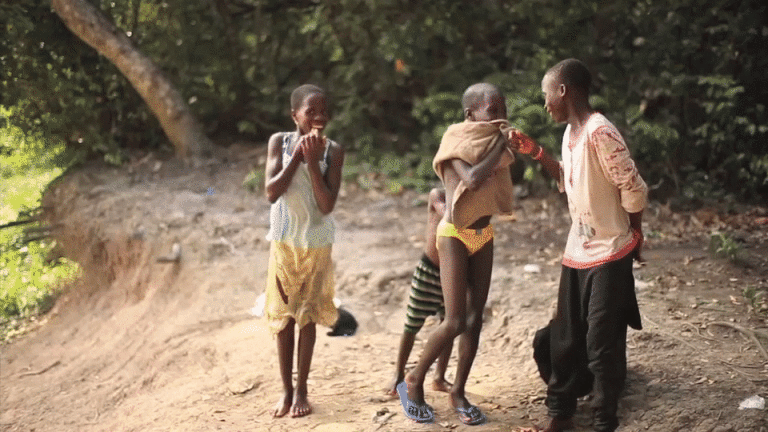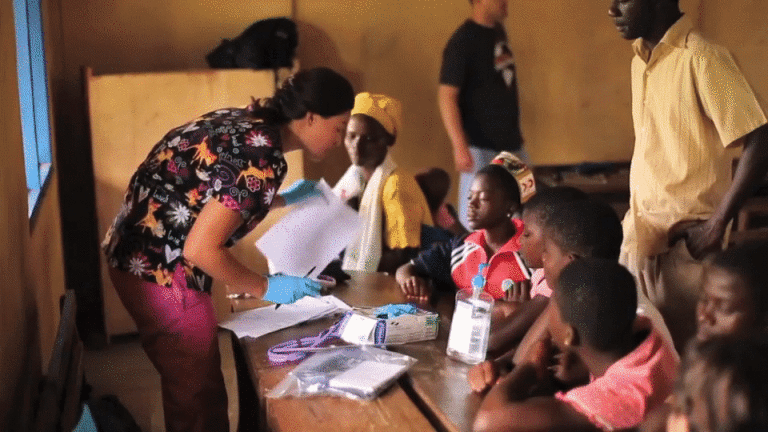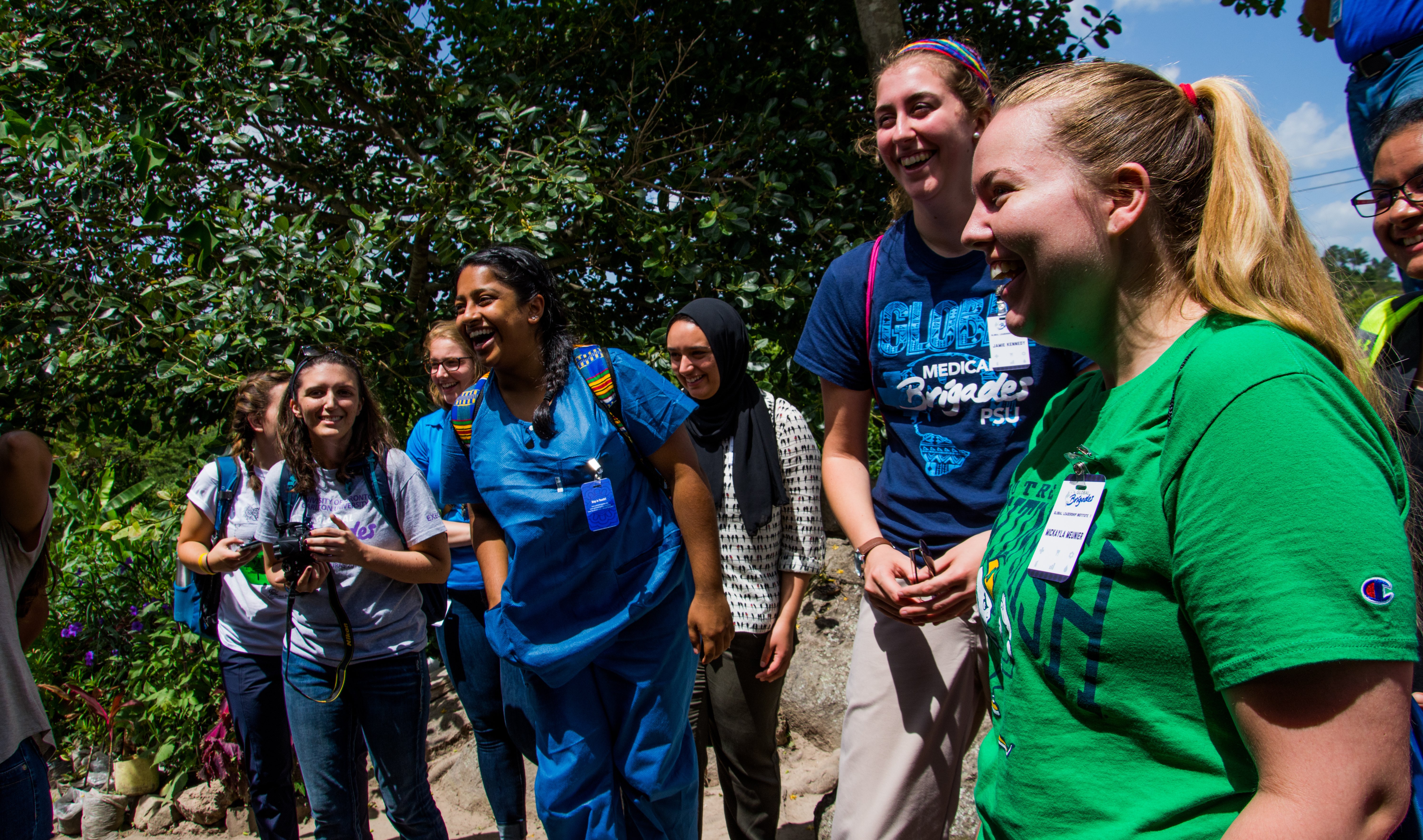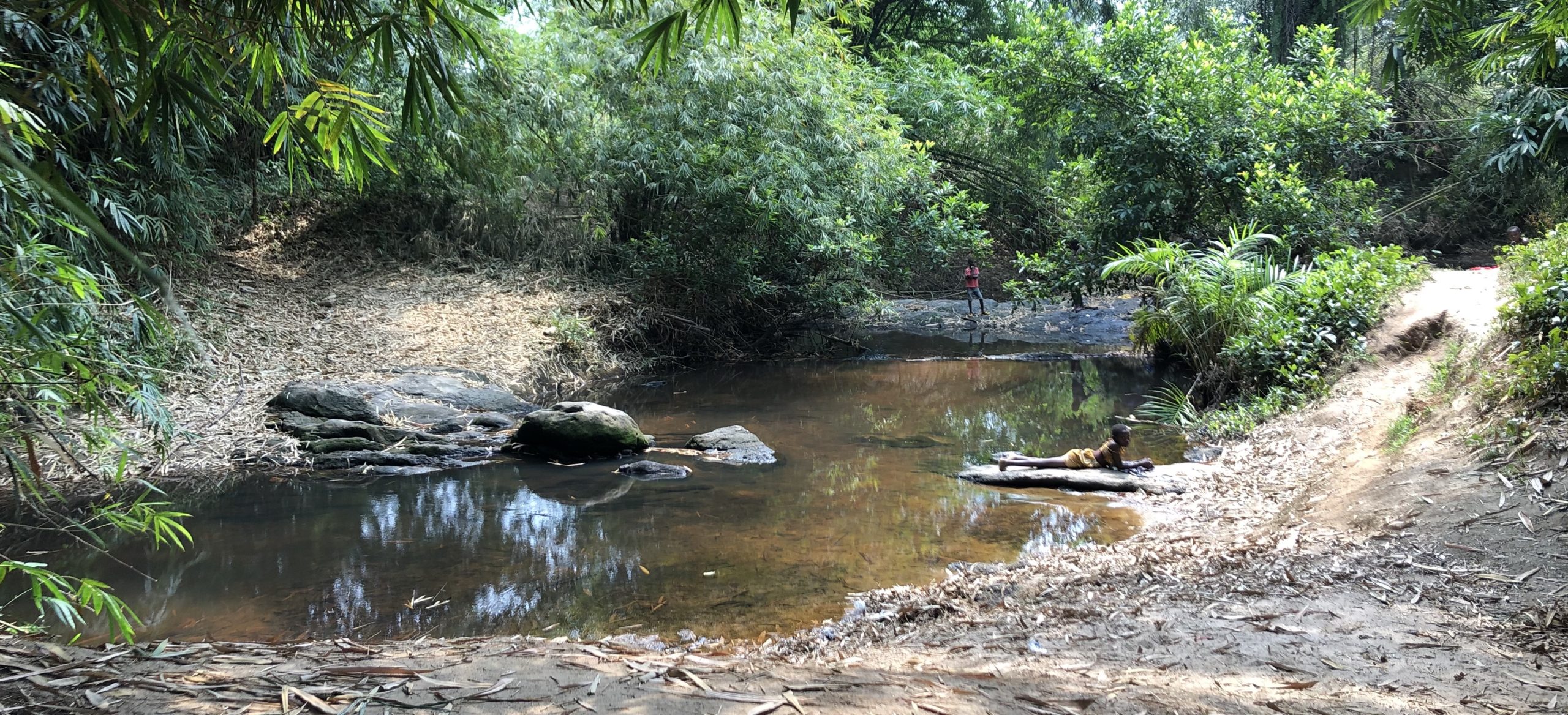This week in our blog series about Global Brigades’ ongoing work in Ghana, we’re taking you into uncharted territory.
Parts I and II focused on clean water and health care − founding components of our Holistic Model. But in one community, Global Brigades Ghana realizes something else is missing…
Just joining us? Start here.
Part III: Adansimaim Gets a School
In March 2014, graduate students from the London School of Economics were on a Microfinance Brigade in Adansimaim, Ghana when they noticed something strange. School-age children were all around the community — yet none of them were actually in school.
Since the early 1990s, Ghana’s Ministry of Education has made a concerted effort to provide education to all of its citizens. Basic education, which covers children ages 4-15, is mandatory for all Ghanaians and provided by the government for free. The Ministry of Education has also constructed schools in more remote areas so that children can access this free education.
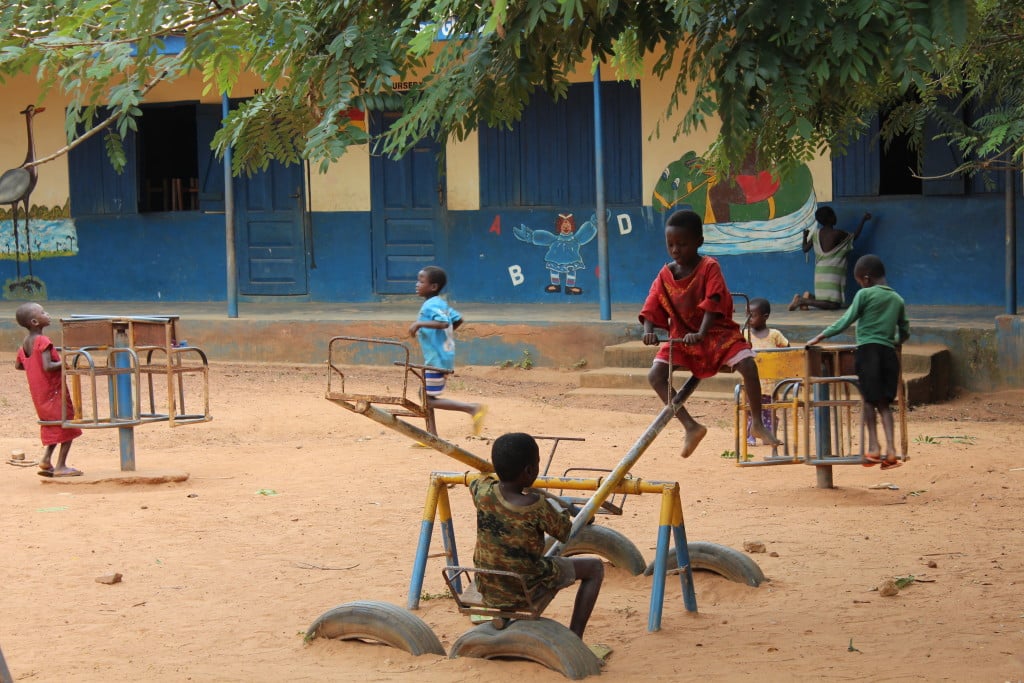
Ghana’s efforts have yielded impressive results. As of 2011, UNICEF Ghana reported that 84% of children were enrolled in basic school, and around 85% of Ghana’s youth (ages 15-24) are literate.
Despite encouraging statistics country-wide, many people still lack access to quality education – especially in underdeveloped districts like Ekumfi. Schools are built by district, and many communities are located too far away to reach them. District schools are often staffed by undertrained teachers and overcrowded with students who come from all over the district.
“Here in Ghana, literacy is one of the biggest challenges of the [education] system,” says Benson Adjei, Program Coordinator for Global Brigades Ghana. “Kids go through basic school and they come out and cannot read, or they are semi-literate.”
Adansimaim’s youth literacy rate is only 20-30% — a stark contrast to the national rate. For children in Adansimaim, low-literacy was largely due to their community’s risky location. Students could walk 10-15 minutes to the nearest school, but first they had to cross a busy highway.
When the LSE brigade visited Adansimaim, many children were out of school because fellow students had been injured or killed on their way to class. Parents in Adansimaim felt the journey to school had become far too dangerous, and they had stopped their children from attending.
“Literacy is one of the biggest challenges of the [education] system. Kids go through basic school and they come out and cannot read, or they are semi-literate.”
Adansimaim had requested a school from the Ministry of Education the previous year, but the community was still waiting on the government to provide building materials. Fortunately, another opportunity arose to get children in Adansimaim learning again.
Two volunteers on the LSE brigade, Sarah Agha and Alex Kucharski, connected Global Brigades Ghana with World Impact Foundation, a foundation that assists development nonprofits. World Impact Foundation prioritizes financial support to basic education projects, and they agreed to partner with Global Brigades to construct a school in Adansimaim.
World Impact Foundation granted $8,000 to build a school with two classrooms and one combined library and meeting space for teachers. In turn, Global Brigades Ghana acquired the building materials and worked closely with the Adansimaim community to ensure they were fully committed to the project. Much like Water Brigades, Adansimaim’s community members pledged to contribute their labor to construct the school.
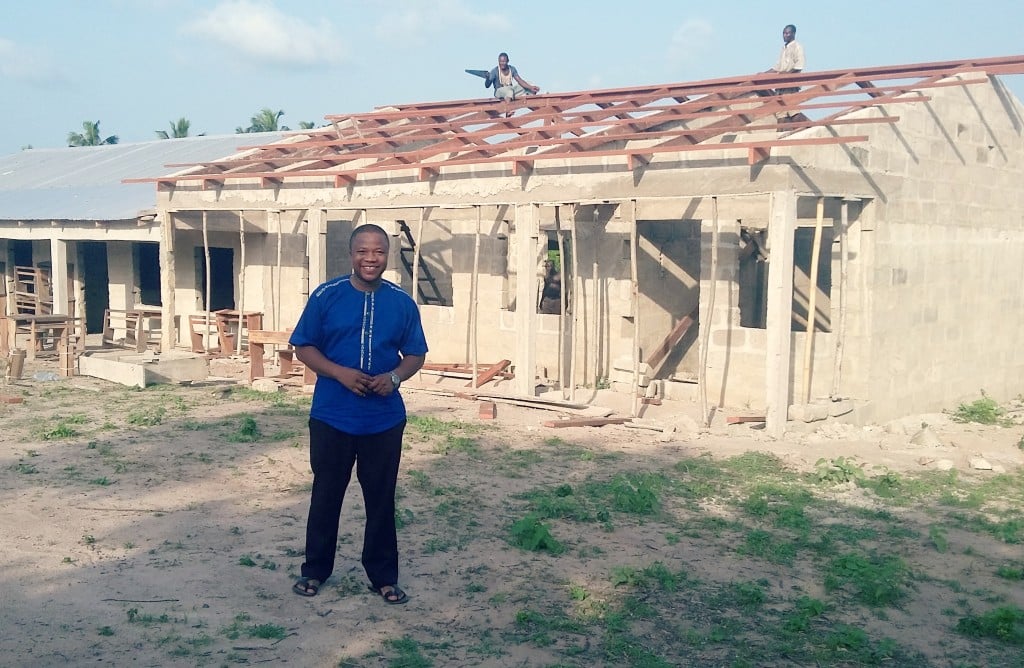
This past December — almost two years after LSE’s brigade — Adansimaim completed its school. The Adansimaim Basic School in the Ekumfi District of Ghana will now serve children in the community ages 4-10. Currently, 115 students are registered.
After inspecting the school’s construction and local area services, the Ministry of Education has officially recognized Adansimaim Basic as a public school. This recognition means that the government will pay Adansimaim’s teacher salaries and curriculum costs; the Ministry has also provided furniture, textbooks, and one government-trained teacher. In total, Adansimaim Basic School will employ four teachers, ensuring that there are no more than 30 students per classroom.
Once the school is registered with Ghana Education Services, which oversees all pre-tertiary education on behalf of the Ministry, Adansimaim Basic School can open its doors. Community members excitedly await class to be in session, and they have even contributed their own funds toward the school’s registration fee.
In the future, Global Brigades Ghana would like to incorporate Adansimaim Basic School as part of the community’s social enterprise, encouraging community members to fund scholarships for students’ high school education.
Global Brigades Ghana is also exploring an opportunity to partner with Worldreader, a nonprofit that provides children with culturally relevant digital books. The GB Ghana team hopes that making e-readers available to Adansimaim’s students will encourage them to continue learning outside of school or when a teacher isn’t available.
The Adansimaim Basic School may be Global Brigades’ first foray into education programming, but Benson Adjei considers the project a natural extension of the Holistic Model. “Being able to read and write comes with a lot of things,” says Adjei. “It [leads to the] health and economic opportunities in our model.”
Continue to Part IV: Boats, Business, and the Future of GB Ghana

